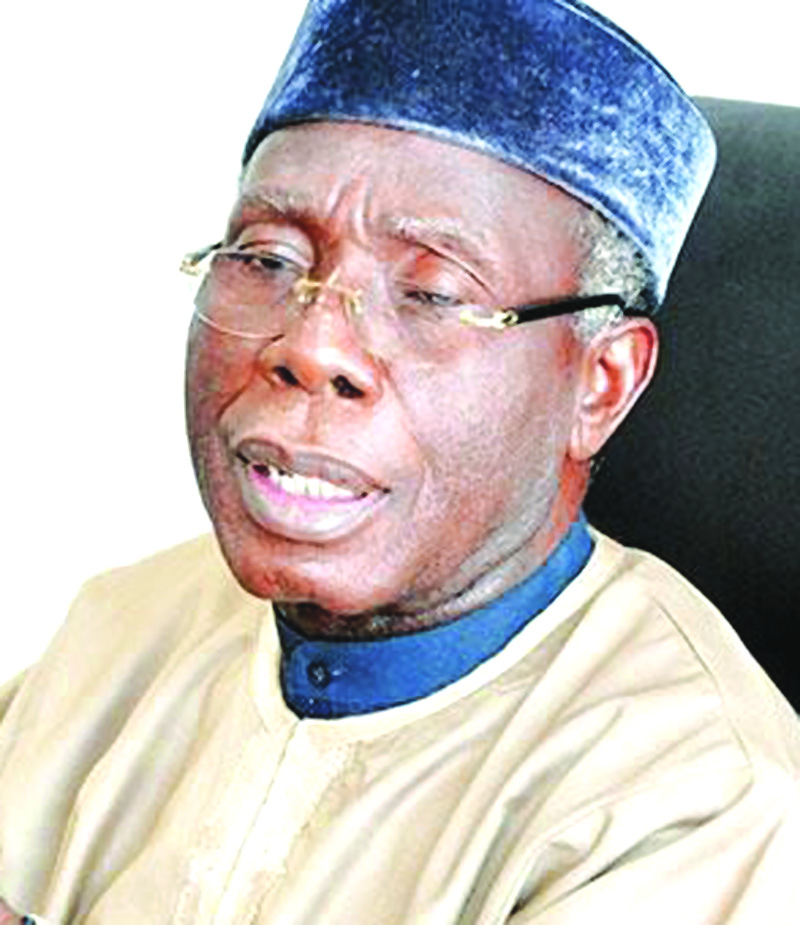
The Nigerian Export Promotion Council (NEPC) plans to increase non-oil export earnings to $30 billion in five years, Executive Director/Chief Executive Officer of the NEPC, Segun Awolowo, has said. Awolowo disclosed this while paying a courtesy call on the Minister of Agriculture and Rural Development, Chief Audu Ogbeh, in Abuja.
He explained that the NEPC recently developed the Zero Oil Plan, in response to the Federal Government’s charge that Nigeria must begin to look for new drivers of the economy. “The plan is to build a non-oil economy through 11 strategic products\sectors, and 21 countries for Nigerian goods and to grow non-oil foreign exchange from $2.7 billion today, to $30 billion in five years,” he said. Awolowo informed the minister that as part of its strategies to reposition the non-oil export sector, the NEPC has adopted several programmes, including the One-State-One-Product Programme which allows each state to develop a product where it has competitive edge and which can do well in the international market. The council, he said, also focuses on the National Strategic Export Products consisting of 13 products in three categories.
He added that the three product categories include agro-industrial (palm oil, cocoa, cashew, sugar and rice), mining-related products (cement, iron ore/metals, auto parts/cars, and aluminium), oil and gas industrial products (petroleum products, fertilizer/urea, petrochemical and methanol).
While commending the NEPC for the plan, Ogbeh announced plans to organise a National Agricultural Summit aimed at engaging the youth and changing the belief that agriculture was only meant for the never-do-well in the society.

He assured that the challenges surrounding diversification from oil to the non-oil sector were not insurmountable.
He however urged the 36 governors in their respective states to key into the plan to make the states self-reliant and increase their Internally Generated Revenue.
The factors that would transform the sector, he pointed out, include international best practices in agriculture within the entire value-chain in terms of quality and standards, logistics, cultivation of high-yielding species, production, mechanisation, processing, good preservation methods, marketing and packaging.
By Pita Ochai


